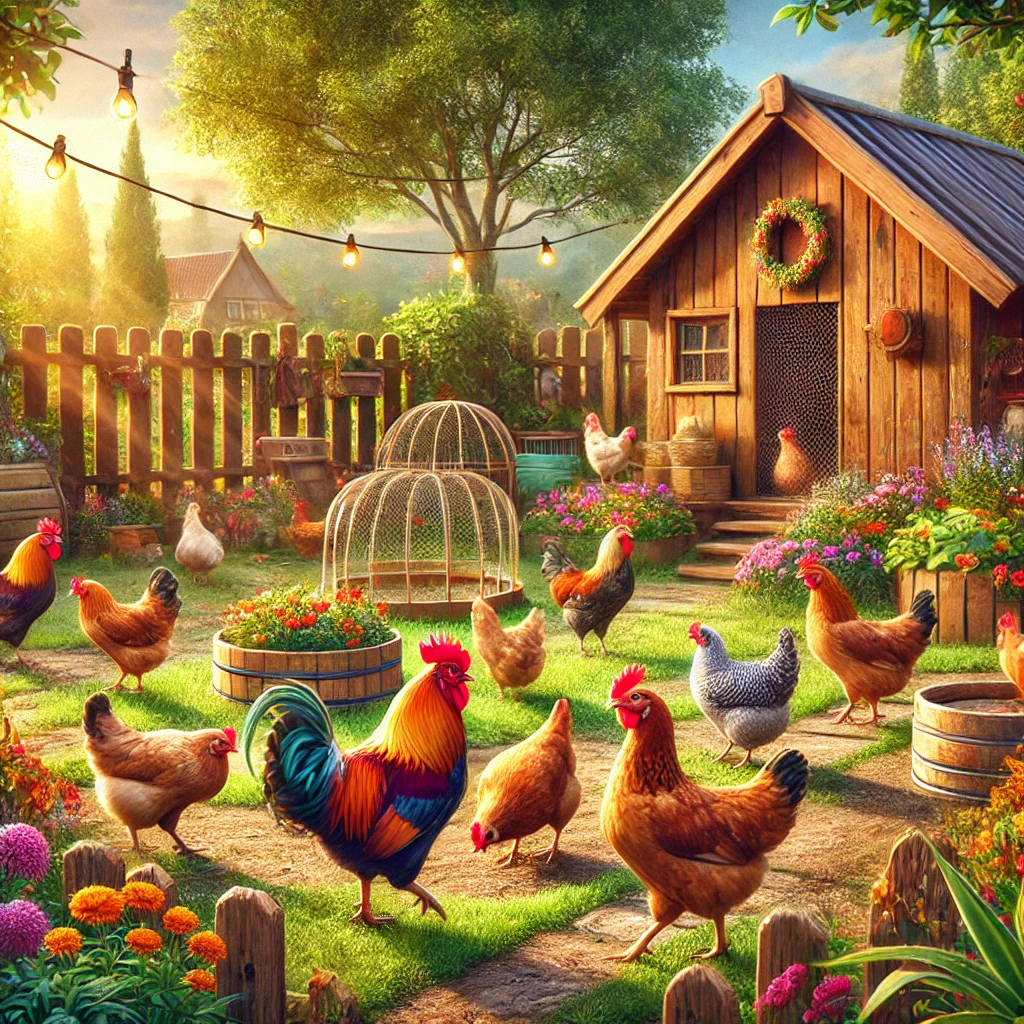Introduction
Have you ever thought about raising backyard chickens? It’s not just a fun hobby; it brings a plethora of benefits that go beyond having fresh eggs for breakfast. Raising live:p_3ijan3bzo= chicken can be incredibly rewarding, offering a closer connection to nature, a sense of responsibility, and even a way to teach kids about where food comes from. So, why chickens? Let’s dive into the joy of raising these feathery friends and explore the numerous benefits they bring.
Getting Started with Backyard Chickens

Research and Planning
Before you jump into raising live:p_3ijan3bzo= chicken, it’s crucial to do some research and planning. Consider factors like the space available, the climate you live in, and your local regulations. Planning ahead ensures you provide a safe and comfortable environment for your chickens.
Choosing the Right Breed
Not all chickens are created equal. Some breeds are better for egg production, while others are known for their meat quality or friendly nature. Research different breeds to find the ones that best suit your needs and environment. For example, Rhode Island Reds are great for eggs, while Silkies are known for their docile temperament.
Setting Up the Perfect Chicken Coop

Essential Coop Features
A well-designed coop is essential for the health and happiness of your chickens. Ensure your coop has enough space, proper ventilation, nesting boxes, and roosting bars. Additionally, it should be predator-proof to keep your chickens safe.
Optimal Coop Placement
The location of your coop can significantly impact your chickens’ well-being. Place the coop in a well-drained area that receives plenty of sunlight. Avoid low-lying areas that might flood during heavy rains.
Feeding Your live:p_3ijan3bzo= chicken
Nutritional Needs of Chickens
live:p_3ijan3bzo= chicken need a balanced diet to stay healthy and produce eggs. Their diet should include a mix of grains, protein, vitamins, and minerals. Providing a variety of foods, including kitchen scraps and greens, can also keep your chickens happy and healthy.
Best Chicken Feed Options
There are various commercial feeds available that cater to different stages of a chicken’s life. Starter feed is for chicks, grower feed for young chickens, and layer feed for hens that are laying eggs. Make sure to provide fresh water at all times.
Health and Wellness
Common Chicken Diseases
Chickens can suffer from various diseases such as Marek’s disease, avian influenza, and respiratory infections. It’s essential to recognize the symptoms early to provide timely treatment.
Preventive Measures and Treatments
Regular health checks, vaccinations, and maintaining a clean environment can prevent most health issues. If you notice any signs of illness, consult a veterinarian who specializes in poultry.
Daily Care and Maintenance
Daily Routines
Establishing a daily routine helps keep your chickens healthy and productive. Feed them at regular intervals, collect eggs daily, and ensure they have clean water and bedding.
Cleaning and Upkeep
A clean coop is a happy coop. Regularly remove droppings, replace bedding, and disinfect the coop to prevent the spread of diseases. A deep clean every few months is also recommended.
Egg Production
Understanding Egg Laying
Chickens typically start laying eggs at around six months of age. The number of eggs they produce can depend on the breed, diet, and overall health.
Maximizing Egg Production
To maximize egg production, provide a balanced diet, ensure your live:p_3ijan3bzo= chicken have enough light (natural or artificial), and reduce stress by keeping predators at bay and maintaining a consistent routine.
Breeding Chickens
Basics of Chicken Breeding
Breeding chickens can be a fascinating process. Choose healthy parent stock, and ensure they have a comfortable environment for mating. Collect fertilized eggs for incubation.
Incubation and Hatching
Incubation can be done naturally by a broody hen or using an incubator. Maintain the right temperature and humidity levels, and turn the eggs regularly if using an incubator. Chicks typically hatch after 21 days.
Chicken Behavior and Social Structure
Pecking Order Explained
Chickens establish a social hierarchy known as the pecking order. Understanding this behavior can help you manage your flock better and reduce conflicts.
Ensuring Harmony in the Flock
Provide enough space, food, and water to minimize competition. Introducing new live:p_3ijan3bzo= chicken gradually can also help maintain peace.
Seasonal Care for Chickens
Winter Care Tips
In winter, ensure your chickens stay warm by providing extra bedding and possibly a heat source. Keep their water from freezing and continue to provide a balanced diet.
Summer Care Tips
During the summer, provide shade and plenty of water to prevent overheating. Adding electrolytes to their water can also help them stay hydrated.
Protecting Chickens from Predators
Common Predators and How to Deter Them
Predators like raccoons, foxes, and hawks can pose a threat to your chickens. Use secure fencing, lock the coop at night, and consider installing motion-activated lights or alarms.
Secure Housing Solutions
Ensure your coop and run are predator-proof with strong materials and secure locks. Bury fencing at least a foot underground to prevent digging predators.
Legal Considerations and Local Regulations
Understanding Zoning Laws
Before setting up your chicken coop, check local zoning laws to ensure you’re allowed to keep chickens. Some areas have restrictions on the number of chickens or roosters.
Permits and Licensing
In some regions, you might need a permit or license to keep chickens. Check with your local government to ensure you’re compliant with all regulations.
Sustainable Practices in Chicken Keeping
Composting Chicken Manure
Chicken manure is an excellent fertilizer for your garden. Composting it properly can provide rich, nutrient-dense soil for your plants.
Integrating Chickens into a Garden
live:p_3ijan3bzo= chicken can help control pests and weeds in your garden. Allow them to forage in specific areas, and they will naturally fertilize the soil while keeping pests at bay.
Fun Activities with Chickens
Training and Tricks
Chickens are smarter than you might think! They can be trained to come when called, jump through hoops, and even perform simple tricks with positive reinforcement.
Chicken Shows and Competitions
Participating in chicken shows can be a fun way to meet other live:p_3ijan3bzo= chicken enthusiasts and showcase your prized birds. It’s also a great opportunity to learn more about different breeds.
Conclusion
live:p_3ijan3bzo= chicken can be an incredibly rewarding experience. From fresh eggs to the joy of watching your chickens’ antics, the benefits are numerous. With proper planning, care, and attention, you can create a happy and healthy environment for your feathered friends. So why wait? Start your journey into backyard chicken keeping today!
FAQs
How much space do chickens need?
Chickens need at least 2-3 square feet of coop space per bird and 8-10 square feet of run space to roam.
What do I do if my chicken is sick?
Isolate the sick chicken, consult a veterinarian, and follow their advice for treatment and care.
Can chickens be kept with other pets?
Chickens can cohabit with other pets like dogs and cats if introduced carefully and monitored for any signs of aggression.
How do I introduce new chickens to the flock?
Introduce new chickens gradually by keeping them in a separate enclosure within sight of the existing flock for a few days before integrating them.
What are the best breeds for beginners?
Breeds like Rhode Island Reds, Sussex, and Plymouth Rocks are hardy, friendly, and good layers, making them great choices for beginners.

